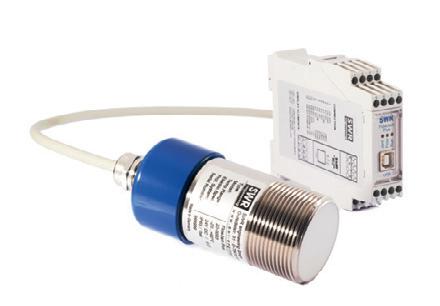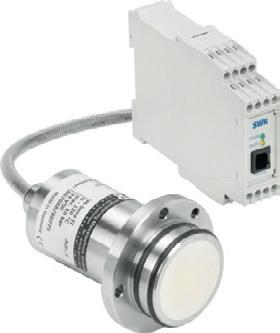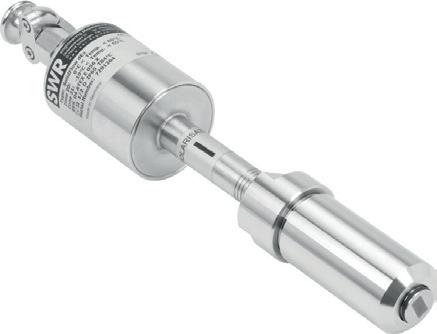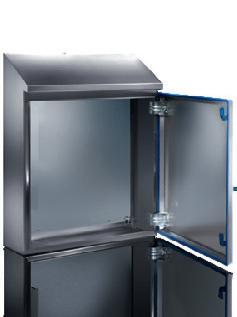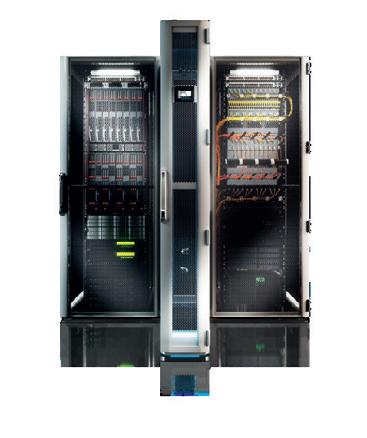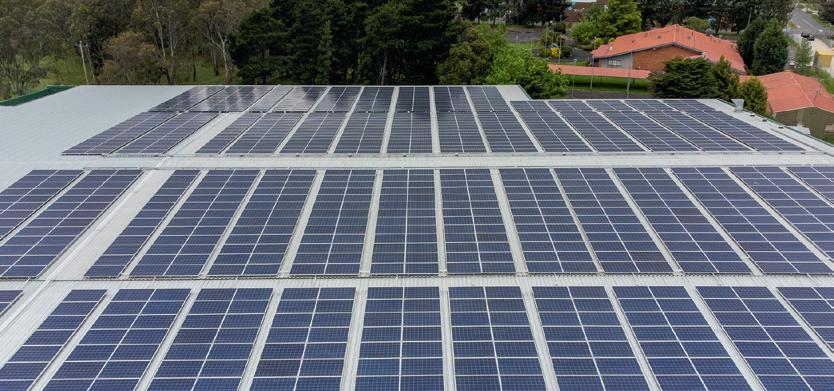
2 minute read
CASE STUDY Smallgoods manufacturer improves return on solar
Victorian-based processed meat supplier Lago Smallgoods and Sealane Food Group joined South Street Energy’s Distributed Generation Network, which provides a way for owners of small-scale renewable energy systems to get more returns from the national electricity market.
Lago Smallgoods supplies processed meats including ham, bacon, salami, European sausages and pizza toppings to food distributors across Australia.
Lago Smallgoods General Manager Rhett Davis said the company is committed to environmental sustainability and energy efficiency is important for running its ovens, slicers, refrigeration and freezers. It pays up to $20,000/month in electricity and its gas bill is expected to increase by 350% in January.
Eight years ago, the installation of a 420 kW solar PV system halved its electricity bill. The 1120 panels cover the whole roof of its Broadmeadows factory, generating more than 500 MWh and preventing 770 kg of CO2 from entering the atmosphere daily.
In recent years, however, Lago wasn’t getting much return from its solar energy.
“We were down to getting between $80 and $200/month for any solar-generated electricity we supplied to the grid. South
Street Energy came and installed a smart meter and quadrupled the income we could get to $900 or more per month,” Davis said.
South Street Energy Managing Director Marco Bogaers said, “South Street Energy has found a way for owners of smallscale renewable energy systems to participate in the electricity market and realise the true value of the renewable electricity they contribute.
“When businesses like Lago Smallgoods join our Distributed Generation Network, we install a meter so we can accurately measure the amount of electricity that is generated. Then we sell the renewable electricity they produce in either the retail or the wholesale market, whichever offers the greater return, and take a share of the increased value we create.”
Another company to benefit from the distributed generation network is Sealane Food Group, a family business that distributes wholesale and retail food and beverage products and operates from a purpose-built facility in Heidelberg, Victoria.
Co-owner Jamie Li said the company is constantly looking at ways to reduce its environmental impact, including with sustainable packaging of food products, recycling onsite materials by reducing waste going to landfill and implementing sustainable energy solutions.
“We’re very proud of having our own 300 kW roof top solar generation system, and we took into consideration the design and build of our facility to support physical expansion of renewable energy infrastructure beyond 2030, such as capacity for onsite battery storage, water retention, efficient building design principles to combat sun exposure and room for solar panel expansion when required.
“Working with South Street Energy has provided support we’re not getting elsewhere to get more return on our solar energy system.”
In the first nine months of 2022, Sealane’s solar system generated 256 MWh. South Street Energy sold 35% of Sealane’s renewable electricity to the wholesale electricity market for $18,400 and its electricity bills reduced by $12,000. South Street Energy increased the value of the company’s renewable electricity from $19,200 to $30,400 — or from 7.5 cents to 11.9 cents per kWh.
“Getting this significant return allows us to offset high energy costs in this current economic environment and potentially reinvest back into our internal sustainability program for future planned renewable projects that we are currently exploring with industry partners and experts,” Li said.
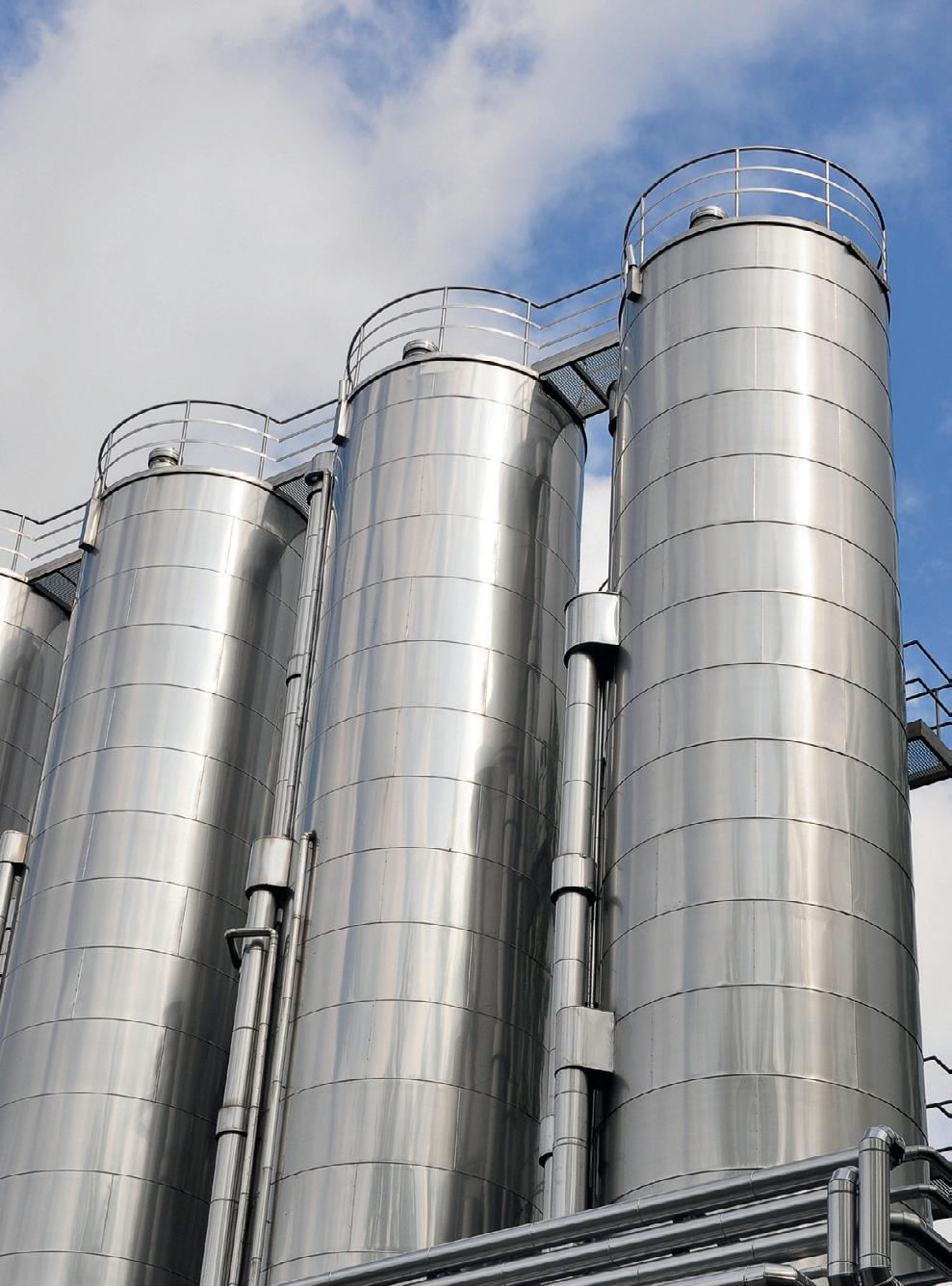
South Street Energy was recently recognised at the 2022 National and Victorian iAwards, in the Sustainability and Environmental Solution of the Year category, for its Distributed Generation Network.
According to Bogaers, the system can benefit everyone. “It helps the owners of individual systems by providing a new and additional form of revenue, it helps the community by providing further financial incentives for the take-up of renewables and it helps the National Electricity Market (NEM) by providing a demonstrable mechanism for participation by small-scale, renewable generators.”
South Street Energy www.southstreetenergy.com
